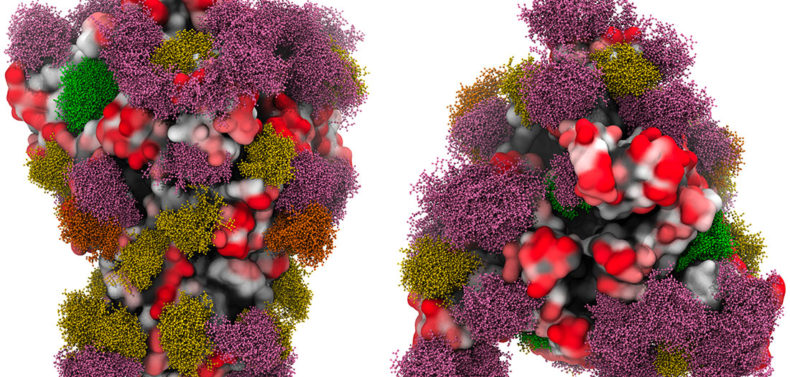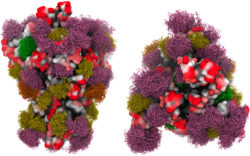For the first time in several weeks, the COVID-19 seven-day moving average increased last week for Clarke County from 1.3 daily new cases on July 1 to 5.9 on July 9, according to the Georgia Department of Public Health. Athens had 45 new cases last week, up from just nine the previous week, bringing the cumulative total to 12,996.
While some of the increase in new cases was likely due to testing before the July 4 holiday and weekend reporting delays, among other factors, Clarke County has the added benefit of wastewater data that gives real-time data of viral shed. Last week’s wastewater data suggests that new cases may be increasing again in Athens, likely a result of the Delta variant and lagging vaccination rates.
According to the UGA infectious diseases professor Erin Lipp’s wastewater data for July 9, “SARS‑CoV‑2 viral loads in wastewater have increased, compared to last week’s samples. This increase in viral load corresponds with a marked increase in the number of reported cases this week.”
While public health experts aren’t yet ready to say that Georgia is surging again, the data on how quickly the Delta variant is spreading in the South is telling. As of last week, 17% of Georgia’s new cases were identified as the Delta variant. The previous week, the Delta variant made up just 6% of cases. If you haven’t gotten vaccinated yet, now is the time, said public health expert Amber Schmidtke in her newsletter last week.
“If you’ve gotten lucky up to this point and escaped COVID-19 infection, perhaps this has caused you to think you don’t need a vaccine. But make no mistake, the Delta variant is more likely to find you than its predecessors. If you’ve been waiting for whatever reason, it’s time to get vaccinated ASAP,” she said.
As of last week, 41%, or 52,240 residents, in Clarke County have had at least one dose of a vaccine, and 38%, or 48,442 residents, have been fully vaccinated. About 4.6 million Georgia residents, or 44%, have had at least one dose of the vaccine, and 4 million, or 39%, have been fully vaccinated.
A new tool from Georgia Tech researchers looks at vaccination immunity alongside natural immunity rates, i.e., rates of people previously infected with COVID-19. While Georgia’s natural and vaccination combined immunity rates are 68%, according to this new tool, there are a couple of things to keep in mind. First, vaccination rates and those who have already been infected are not mutually exclusive categories of data, so the combined rate is likely lower than this data suggests. Further, the latest state to have increases in the Delta variant has very similar rates of combined population-level immunity to Georgia and still saw a surge. While natural immunity is helpful, without vaccination, those who’ve been infected still have a much higher viral transmission rate than those who’ve been vaccinated, according to studies.
“I think Delta is marching its way through the South,” Schmidtke said. “The virus has far easier freedom of movement now, with few people wearing masks and people resuming pre-pandemic social interactions. And many counties in the South have such low vaccination rates that I am afraid Delta will spread like wildfire.”For now, Clarke County’s hospitalization and death rates have been unaffected by this slight increase, with just one new hospitalization last week and no deaths, although those often lag several weeks behind a spike in new cases. Just 2.3% of patients in Athens hospitals—13 people total—were hospitalized with COVID-19 last week. To date, Athens has had 507 hospitalizations and 142 deaths.
Like what you just read? Support Flagpole by making a donation today. Every dollar you give helps fund our ongoing mission to provide Athens with quality, independent journalism.










